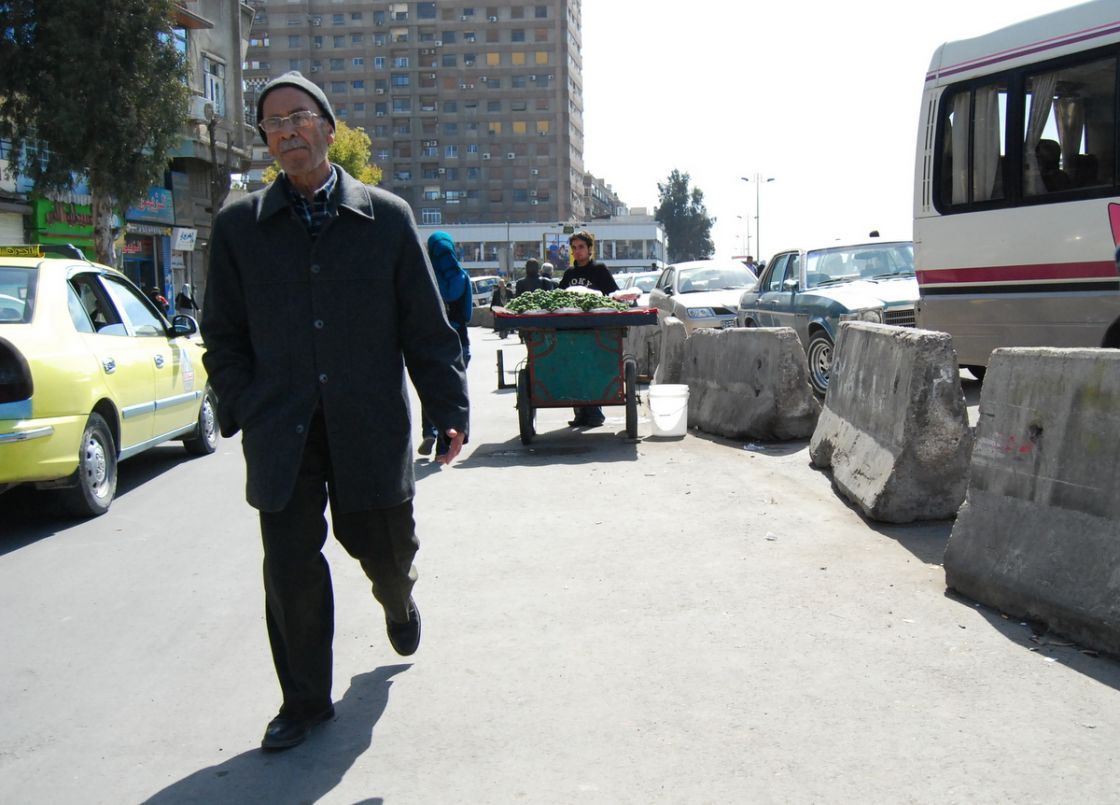- Editorials
- Posted
Sanctions and Corruption: Two Sides of the Same Coin
Western countries continue to tighten their economic sanctions on Syria, at various levels, including sanctions on individuals and institutions, as well as threats of sanctions against other countries if they deal with Syria economically.
The policy of economic sanctions on Syria, and away from the pretexts used in promoting them, has not affected negatively except the ordinary Syrians in general, and further increased their already existed poverty, by cutting off the traditional and natural ways of supplying basic goods and commodities (wheat, fuel and others), and through which trade exchange in various forms and types takes place.
If the center of gravity of Syria's political targeting has been shifted towards sanctions in attempt to bring it finally to the status of a "failed state" unable to carry out any social and economic functions in preparation for its fragmenting and even its removal from existence, or at minimum terminating its regional role for decades to come, this in itself expresses the decreasing probability of bringing Syria to such a "failed" status through military and political means, even though, this does not indicate at all a lower level of danger.
What is not being said about the sanctions, apart from their catastrophic effect on the situation of all Syrians in general, is that the followed sanctions regime is the formal legal and political framework upon which a criminal black market of tens of billions of dollars is based...
The traditional ways of foreign trade followed in Syria through decades are evidenced in the figures of foreign trade exchange, which reaches with Western Europe alone about 70% of the total Syrian foreign trade!
Closing the door to the traditional ways means opening the door to the "non-traditional" ones. These "non-traditional" ways are of two types: the first is to take an orientation eastward towards the allied countries, which is not seriously pursued despite all the illusory celebrational tactics around it. On the contrary, the obstruction of such an orientation is persistent and stubborn. The second type of "non-traditional" ways is the grand trade of "la commission" [brokerage], through which the same commodities are bought from the West into the country, but at prices much higher than the international prices. This difference in price is a form of looting being distributed between the big internal corrupters and the Western corruption system, and in the first place Washington, the European Union and a number of international organizations.
The sanctions, in this sense, are integrated process with one and the same gears that link internal corruption to external corruption, and it is the most significant and largest looting operation committed by senior corrupt businessmen and senior officials in the state apparatus through their long history of corruption in Syria. It is a means of creating super riches rapidly and insolently. They are, therefore, thirsty for more and more sanctions, regardless of the social and political implications of these sanctions. Under the conditions of their astronomical looting, any talk of structural reform under the control of the big corrupters is nothing more than a naive illusion, or numbing deception, almost void of any effect.
Reaching a radical, deep, and comprehensive change of the political structure of Syria and the structure of the state apparatus and through the political solution in accordance with UNSCR 2254 and the constitutional approach produced by the Astana's Trio, is the mandatory road to preserve the state and its unity, because all that Syria has experienced so far is not comparable to the current level of danger that Syria is facing under the systematic Western action which goes hand in hand, and in full consensus and cooperation, with the big corrupters, in order to destroy Syria through the socio-economic portal.
Kassioun Editorial, Issue No. 905, March 18, 2019


